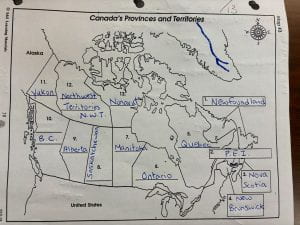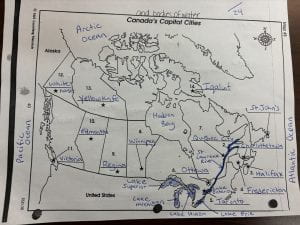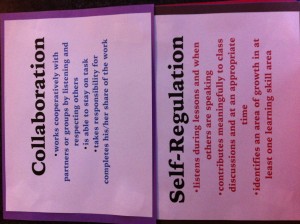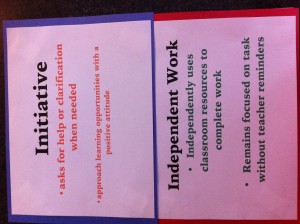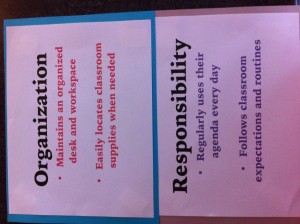Spring has officially sprung 🙂
We will begin the following topics in term 2…
READING:
After finishing up with connections, we are beginning to discuss what predictions and inferences are. We will practice making these with different texts.
WRITING:
The students are finishing writing their biographies. We will begin looking at persuasive writing next.
MATH:
GRADE 4 – Algebra and Coding:
We are learning to:
– Use symbols as variables in expression and equations
– Solve equations and verify solutions
– Solve inequalities, including verifying and graphing solutions
– write and execute code that involves sequential, concurrent, repeated, and nested events
– read and alter code that involves sequential, concurrent, repeated, and nested events
– describe how changes to code affect the outcomes
GRADE 5 – Algebra and Coding:
We are learning to:
– evaluate algebraic expressions
– represent equivalent relationships using words, algebraic expressions, and visual models
– solve equations and verify solutions
– solve inequalities, including verifying and graphing solutions
– write and execute code that involves conditional statements and control structures
– read and alter code that involves conditional statements and control structures
– describe how changes to code affect the outcomes
SOCIAL STUDIES:
GRADE 4 – We are beginning our Early Socieities unit. The students will be learning a little bit about many ancient civilizations. A culminating project will allow them to more about a civilization of choice.
GRADE 5 – The grade 5 students have begun the “Interactions of Indigenous Peoples and Europeans prior to 1713, in What Would Eventually Become Canada” unit. We will start by learning about the different Indigenous Peoples who lived in Canada prior to 1713.
(*Science will begin after we have completed this unit)
HEALTH:
We are finishing up our Substance Use unit. In April, we will begin a Growth and Development unit. A letter will be sent home with details about this unit.

